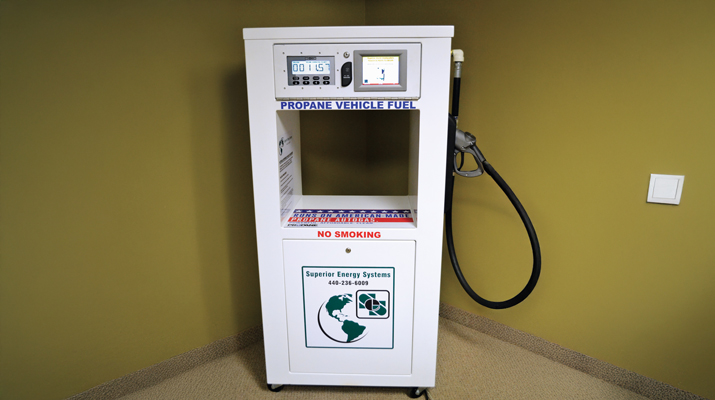California explores renewable propane opportunities
You could say California is the epicenter for much of the activity taking place today in the propane industry. The state, among five featured in May’s Propane Fuels America series, can be viewed as a microcosm of the opportunities and challenges for the industry at the state and national levels.
Wildfires and rolling blackouts in recent years have drawn national attention, exposing reliability issues with the electrical grid and highlighting propane’s role as a reliable, portable energy source.
Despite these reliability issues with the state’s electrical grid, California still poses a challenging, pro-electrification political climate, with regulators seeking to mandate electric-only energy and the state moving toward a future focused on renewable energy.
The Western Propane Gas Association (WPGA) works to protect propane’s interests in California. The WPGA also continues to explore opportunities with renewable propane, which is derived from sustainable energy sources such as animal fat and vegetable oils. In fact, WPGA has set a goal to provide California with 100 percent renewable propane by 2030 to support the state’s goals to fight climate change.
New proposed state legislation, sponsored by the WPGA, would recognize that California requires a diverse package of renewable energy sources, including renewable propane, to achieve its greenhouse gas reduction goals.
“By incentivizing production of renewable propane, California will be able to ensure primarily rural communities have access to renewable energy and are able to participate in the state’s carbon-reduction initiatives,” says Joy Alafia, president and CEO of the WPGA, which estimates that about 600,000 households in the state are not connected to the electrical grid and rely instead on propane.
Colorado and New Mexico are also pushing to electrify everything, says Dan Binning, executive director of the state associations there, and Nevada has faced threats to the use of gas.
But the proponents of electrify-everything don’t talk about how electric heat is inefficient and expensive, or the lack of resiliency in the electrical grid, says Binning.
“We’re going to try to educate the general public about how gas is efficient and clean. Not just propane but natural gas, as well,” he adds.
On the opposite end of the spectrum, Arizona was among the first states to pass anti-gas-ban legislation that gives consumers the right to choose their energy source.
Ellen Kriz and Carly McFadden contributed to this article.
Featured map image: Kolonko/iStock / Getty Images Plus/Getty Images
















